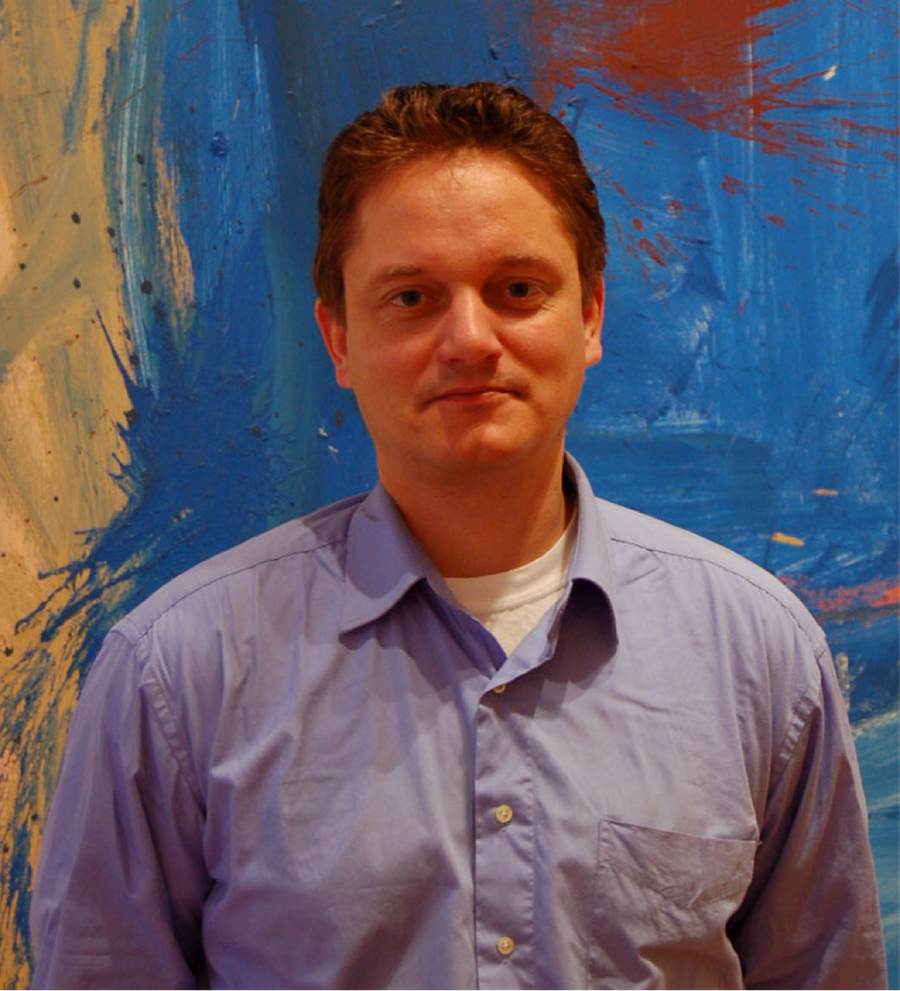Our understanding of humanity and the material existence has a long history that dates back to classical antiquity and had important resonances in the sixteenth century intellectual discussions on the New World.
This will be the topic addressed by professor Ralph Bauer of the University of Maryland, who will lecture on "Lucretius' New World: Cannibal Heterotopias in the Sixteenth Century," at 4 p.m. Thursday, March 2, in Science and Engineering (SCEN) 402. The presentation is part of the Comparative Literature and Cultural Studies Program.
This talk will focus on 16th-century European representations of — one might even say, obsession with — New World cannibalism in the context of the revival of Classical pagan (i.e. Greek) theories of matter in 16th-century Europe, in particular Epicurean atomism. While recent scholarship has emphasized the significance of the re-discovery or Lucretius' De rerum natura for the history of scientific modernity, this talk will investigate the New World literary genealogies of neoclassical scientific materialism in the early modern period.
Bauer is an sssociate professor of English at the University of Maryland, College Park. He specializes in the literatures and cultures of the early Americas, comparative literature, critical science studies, as well as hemispheric American and early modern Atlantic studies. He is the general editor of the Early Americas Digital Archive, and his publications include The Cultural Geography of Colonial American Literatures (Cambridge UP, 2003 and 2008); An Inca Account of the Conquest of Peru: by Titu Cusi Yupanqui (U of Coloardo P, 2005); Locations of Culture: Identity, Home, Theory (Michigan SUP, 1998); (with Jose Antonio Mazzotti) Creole Subjects in the Colonial America: empires, texts, identities (UNCP, 2009); and (with Kimberly Coles, Carla Peterson, and Zita Nunes), The Cultural Politics of Blood, 1500-1900 (Palgrave/Macmillan, 2015).
Established in 1958, the Comparative Literature and Cultural Studies Program is an innovative interdisciplinary graduate program (M.A. and Ph.D.) devoted to the study of literature and culture from a global perspective and across languages, genres, disciplines, nations, and cultures. The program offers advanced academic training in foreign languages, literary translation, comparative literature, and cultural studies.
Topics
Contacts
Luis Restrepo, University Professor
World Languages, Literatures & Cultures
479-575-7580, lrestr@uark.edu
